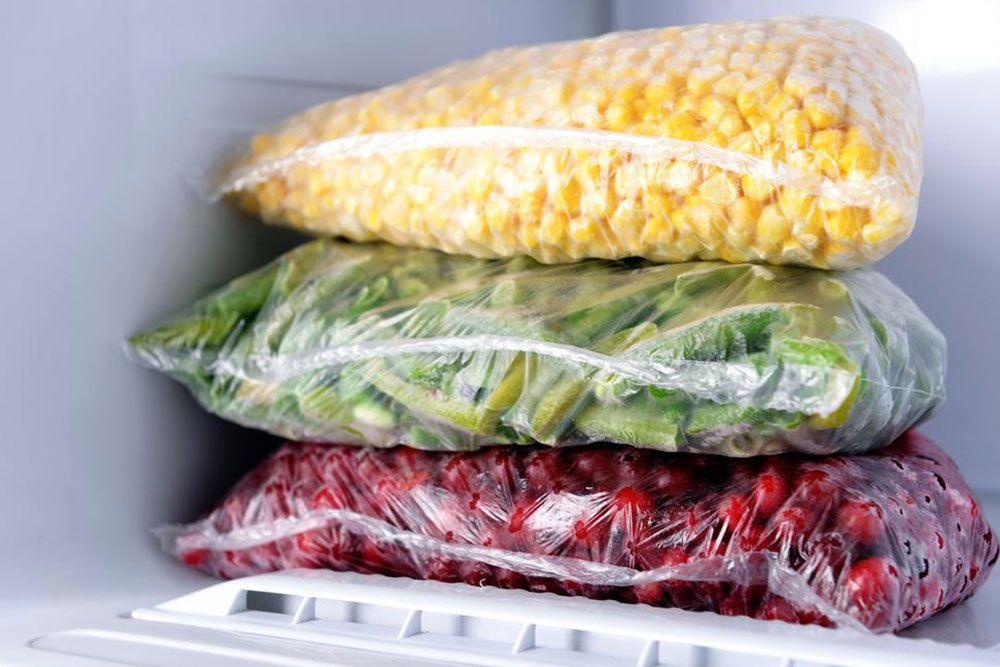Three ways of freezing corn
Blanching is a process in which a vegetable or fruit is scalded in boiling hot salt water, after which it is immersed in an ice cold bath to stop the cooking process. Blanching is done to mainly stop the enzymes from causing loss of flavor, texture or color of the said fruit or vegetable. Corn can be frozen in two distinct ways, without blanching and after blanching.
How to freeze corn without blanching?

There are two ways in which you can preserve corn without compromising the corn cob.
Whole corn cob freeze: This process is by far the easiest way to freeze corn which does not require any blanching. Three steps to follow include shucking the corn, stuffing it in a nice freezer bag and just directly plop it in the freezer. While this might be the most time-saving method, simple to follow, there are a few drawbacks of flash freezing corn.
It will be difficult to use the kernels which won’t separate from the corn cob unless the entire cob is left to thaw at room temperature. Frozen kernels are difficult to extract from the cob which is why this time-saving method might end up costing you more time. Alternatives can be suggested to answer the question how to freeze corn using a technique which does not necessarily include a flash freeze.
Unblanched frozen corn kernels: Kernels can be used in a variety of recipes which is why it is a good idea cut off the kernels from the cob, to be then frozen. An easy alternative as opposed to trying to remove frozen kernels from the frozen cob, which is why the process is effective when reversed. This not only retains the flavor but also keeps the texture and color of individual corn kernels intact to be used, whenever needed.
How to freeze corn after blanching?
The alternative way to freeze and preserve corn would be after it has been blanched. Corn which has not been blanched will taste raw, after being frozen and stored for a while. Cooked corn kernels however will taste fresh even after they have been frozen, which can be then used in salad and salsa recipes. This method will ensure delicious golden yellow kernels with just the right amount of crunch and taste. Both methods are debatable, each depending on the type of recipe. Blanching, cooking, cooling, and freezing might be a more time-consuming process, but the end product will be certainly worth the effort.